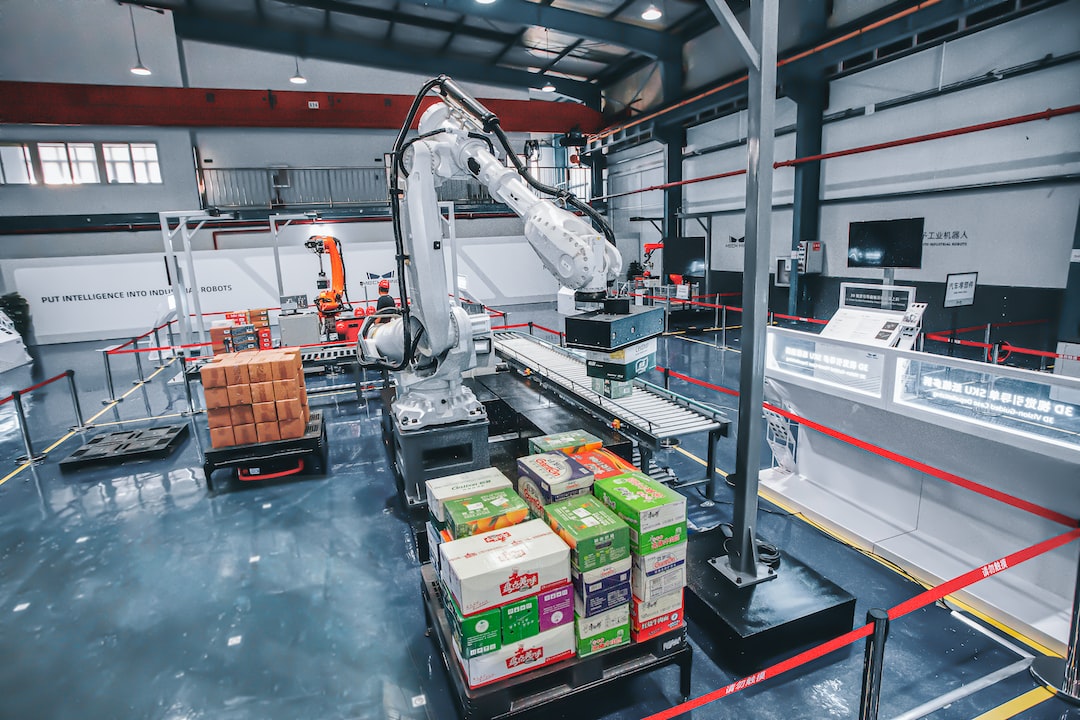The Importance of Continuous Improvement in Manufacturing: Kaizen Principles
In today’s highly competitive manufacturing industry, the need for continuous improvement cannot be emphasized enough. It is crucial for manufacturers to constantly strive for better quality, efficiency, and productivity in order to stay ahead of the game. One effective method that has gained recognition worldwide for achieving continuous improvement is the implementation of Kaizen principles.
Kaizen, a Japanese term that means “change for better,” is a philosophy that promotes the idea of continuous improvement in all aspects of life, including business and manufacturing processes. In the context of manufacturing, Kaizen principles have been widely adopted to drive operational excellence and innovative practices.
One of the key principles of Kaizen is the involvement of all employees in the improvement process. By encouraging every employee, from top management to shop-floor workers, to actively participate, companies create a culture of continuous improvement. This helps to foster a sense of ownership and responsibility among employees, which in turn leads to increased motivation and engagement.
Kaizen also emphasizes the concept of “small changes for big results.” Rather than relying on large, disruptive changes, manufacturers are encouraged to make small, incremental improvements to their processes, products, and systems. This approach allows for greater flexibility and adaptability, as well as minimizes the risk of failure associated with large-scale changes. By making continuous small improvements, manufacturers can steadily enhance their operations and achieve long-term success.
Another key aspect of Kaizen is the focus on eliminating waste. Waste, in the manufacturing context, refers to any activity or process that does not add value to the final product. Examples of waste include overproduction, excessive inventory, unnecessary waiting time, defective products, and inefficient transportation. By identifying and eliminating waste, manufacturers can optimize their processes, reduce costs, and improve overall efficiency.
Continuous improvement through Kaizen principles also encourages a culture of learning and innovation. By regularly reviewing and evaluating processes, manufacturers can identify areas for improvement and implement innovative solutions. This helps to foster a mindset of creativity, adaptability, and problem-solving among employees, leading to continuous innovation and growth.
The benefits of implementing continuous improvement through Kaizen principles are numerous. Firstly, it helps manufacturers to stay competitive by constantly improving their products, processes, and services. This allows them to meet ever-changing customer demands and stay ahead of competitors. Secondly, it improves overall efficiency and productivity, resulting in reduced lead times, increased output, and lower costs. By constantly striving to eliminate waste, manufacturers can optimize their resource utilization and deliver higher-quality products at a lower cost.
Continuous improvement also contributes to enhancing the overall workplace culture and employee satisfaction. Involving employees in the improvement process fosters a sense of empowerment, engagement, and accountability. It creates an environment where employees feel valued, motivated, and encouraged to contribute their ideas and suggestions. This not only improves job satisfaction but also enhances teamwork and collaboration among employees.
In conclusion, continuous improvement is an essential aspect of modern-day manufacturing. By adopting Kaizen principles, manufacturers can drive operational excellence, improve efficiency and productivity, reduce costs, and foster a culture of learning and innovation. With the ever-increasing demand for high-quality products and the need to stay competitive in the global market, continuous improvement through Kaizen is key to achieving long-term success in manufacturing.
